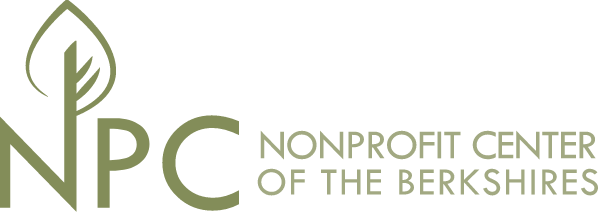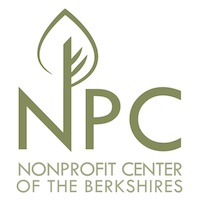19 Mar Federal Grant Funding: What You Should Know to Get Started
FEDERAL GRANT FUNDING: What You Should Know to Get Started
By Laurie M. Werner
Federal grants can offer significant funding for important projects and programs and often lend credibility and prestige to an organization. However, navigating the federal grant process requires planning ahead and a significant investment in time and resources to be successful.

First, do your research.
You can find grant opportunities for federal agencies through the interactive search feature on Grants.gov, the federal government’s application portal, or on the funding agencies’ individual web sites. Agencies that currently fund Berkshire area organizations include the Institute for Museum and Library Services (IMLS), National Endowment for the Arts (NEA), and National Endowment for the Humanities (NEH) for cultural organizations, and the National Park Service NPS) for historic preservation. The U.S. Department of Agriculture (USDA) gives economic development and capacity building grants in rural communities, and the Department of Education has programs for schools as well as other education providers.
Read the guidelines carefully.
Make sure that the grant is appropriate for your project and that your organization meets all the requirements. Is this the right time for your organization to apply for this grant? Do you have what you need to make the strongest case possible? Many federal grants require a match, either cash or a combination of cash and in-kind (e.g., salaries), and you may need to identify the source of the matching funds before you apply.
Get in touch with the granting agency.
Contact a program officer or administrator at the federal agency by phone or email well before the application deadline to be sure your organization qualifies and that your project will be competitive. Some agencies also offer detailed online manuals and/or webinars with information on applying and may publish data on how much total funding is available and how many grants they expect to award that year.
Think nationally.
Federal level granting agencies tend to look for projects or themes with national relevance or innovative ideas that will make a contribution to the field. Your program’s direct impact might be local but may still address a topic of national interest. Examples are environmental conservation, STEM education, sustainable energy, art by under-represented communities, and post-industrial economic development.
Is this the best investment of your resources right now?
Federal grants require a significant investment of time and resources in order to do a worthwhile job. Your organization needs to balance the cost in staff time and money against the value of the potential grant award. The grant opportunity should fit with your organization’s overall funding goals and strategy. Is this the best allocation of your resources to get the funding that you need? Do you need to hire a grant writer, develop an exhibition plan, or prepare a financial analysis? For smaller projects, consider opportunities at state agencies. For example, Mass Humanities and the Massachusetts Cultural Council have programs that re-grant funds from the NEH and NEA respectively.
Federal grants often require long timelines.
You may need to plan at least a year in advance of when you need the funding. Allow at least one month to complete the application and prepare all required supplementary materials. You may need to wait four to nine months to find out whether or not you will receive the grant award.
Register with Grants.gov and SAM.
Before applying to a federal agency, your organization needs to register and set up accounts with Grants.gov, the federal application portal, and SAM, the System for Awards Management. This process can take time and should be started at least a month before your application is due.

Prepare a strong narrative.
You are competing with organizations from all over the country and your proposal needs to be authoritative, well-researched, and compelling. Be able to state clearly why your program is important and who will benefit. Present a well-organized description of how you will carry it out (who, what, when, where). Answer all questions and address all points noted in the application form. If you are unsure about how to answer a specific question, contact a program officer or other agency representative for guidance.
Laurie M. Werner has more than 20 years’ experience in grant writing for nonprofit organizations, including applications to six different federal agencies.



